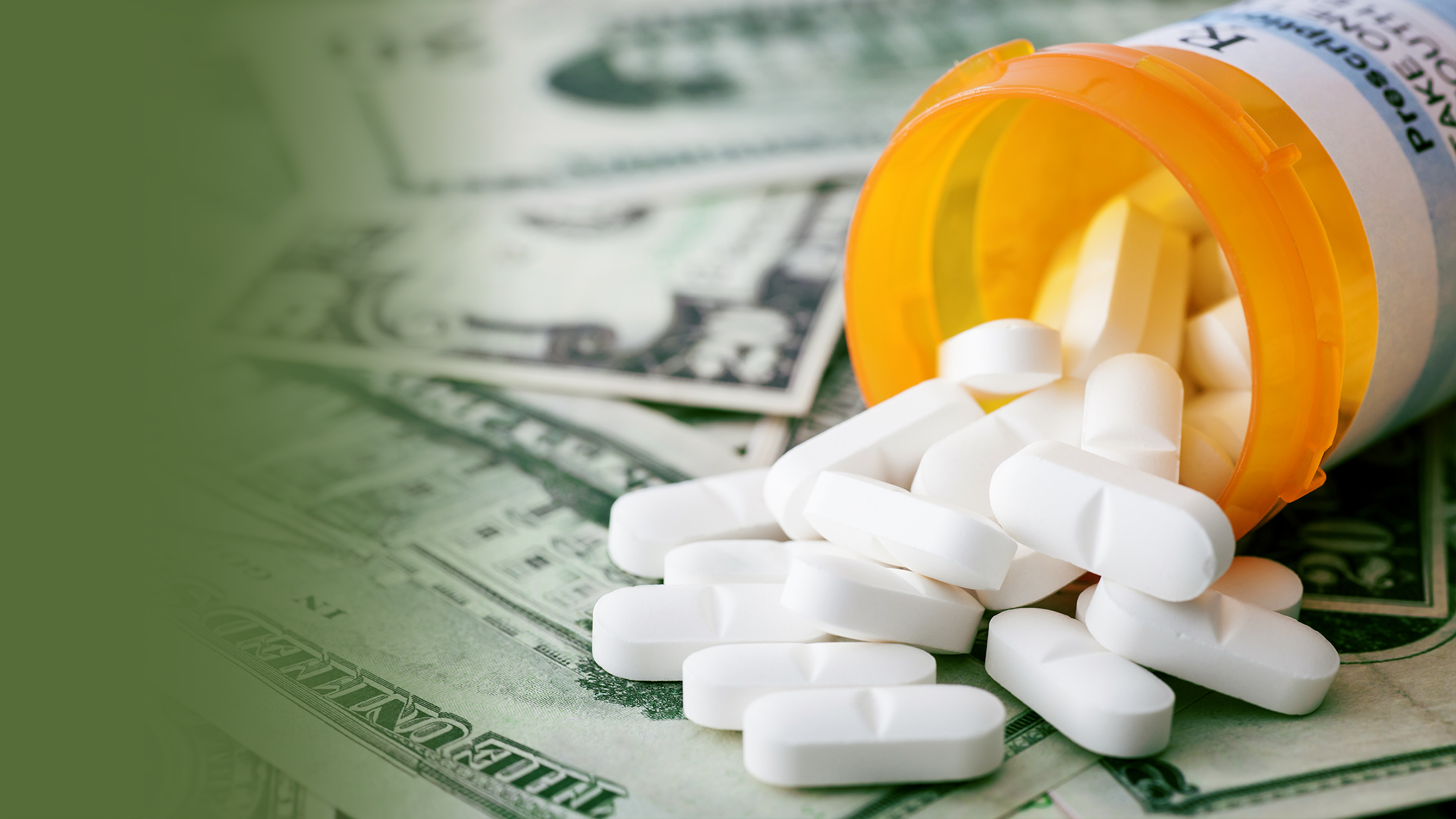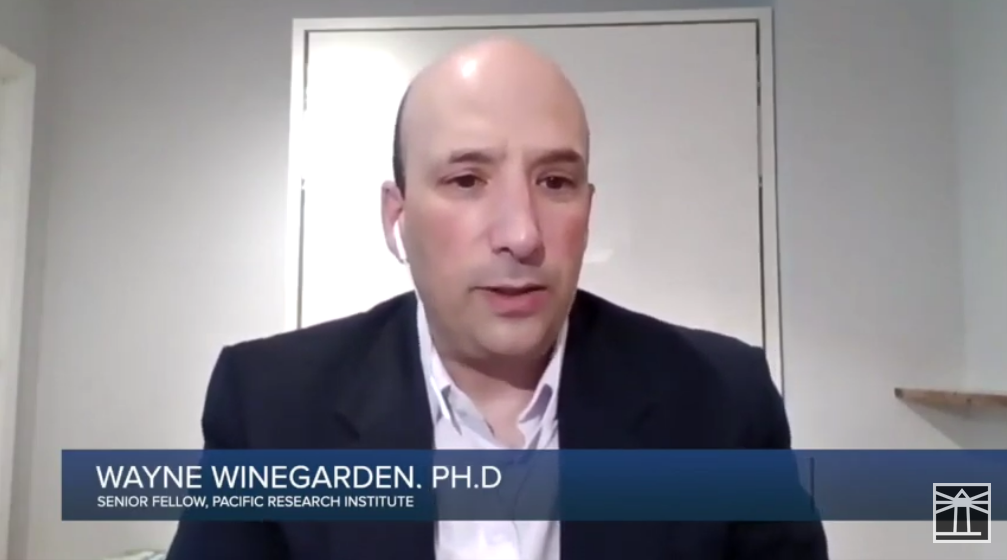NEW BRIEF: Establishing An Efficient Health Insurance Market
CLICK HERE TO READ THE BRIEF Establishing an Efficient Health Insurance Market Cultivating an efficient health insurance market requires reforms that empower patients over payers, which can be achieved by: Making health expenditures and health insurance expenditures tax deductible; Broadening the availability and usability of tax-free saving accounts to help patients cover the deductibles and out of pocket expenses that could arise should they require costly healthcare services; and Promoting price transparency and insurance competition to enable a more competitive pro-patient healthcare...






